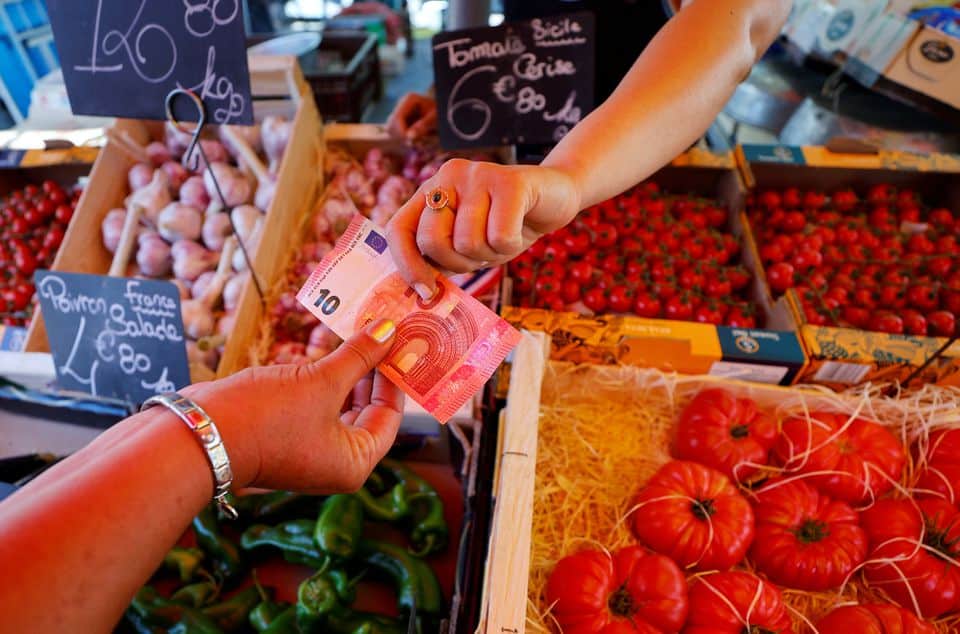The economic sentiment in Cyprus improved in January 2023, with the Economic Sentiment Index (ESI) increasing by 0.9 points compared to December 2022, according to a report released on Friday by the Centre for Economic Research of the University of Cyprus.
According to the report, the increase in the ESI is due to the strengthening of the business climate in retail trade and manufacturing, as well as the strengthening of consumer confidence.
Business sentiment in services remained stable, similar to the levels recorded in December levels. This is despite the fact that there has been an improvement in the market at present, with this being offset by worsening expectations for next quarter’s turnover.
In addition, the uptick in retail sentiment was a result of more favourable assessments of the market’s current situation, including recent sales and their present inventory levels, combined with more optimistic estimates of future sales.
The improvement in the Cypriot manufacturing sector’s sentiment came from improved assessments for current orders, as well as an upward revision of estimates for future production.
What is more, the sentiment in the construction sector declined due to more negative ratings for ongoing projects.
The report went on to say that there was an improvement in all components of the consumer climate in January, resulting in the relevant index being upgraded for the third consecutive month.
Compared to December 2022, consumers assessed the recent economic situation of their households more favourably and appeared less pessimistic about the future economic situation of both their households and the country in general.
Further to the above, consumer intentions for large purchases in the coming months have strengthened, compared to the previous month.
The Economic Uncertainty Index was unchanged in January from December, as a decrease in uncertainty in retail trade and, to a lesser extent, services and manufacturing, was offset by a rise in uncertainty in construction and among consumers.
Meanwhile, another report by the University of Cyprus has provided further insight into the country’s declining economic performance, with the aforementioned uncertainty across some sectors having a negative impact on the economy overall.
The Cyprus Composite Leading Economic Index (CCLEI), which uses a variety of metrics to provide an early outlook on future economic activity, declined by 4.5 per cent year-on-year in December 2022.
This follows two previous instances of decline in November and October 2022, when the index decreased by 4.8 per cent year-on-year and 4.7 per cent year-on-year respectively, according to the most recent and revised data.
“The continuation of the negative year-over-year growth rate of CCLEI also in December 2022 indicates that the recent events of increased geopolitical uncertainty, high inflation, and restrictive monetary policy in the European and international economy will continue to burden the growth prospects of the Cypriot economy in the short term,” the Economics Research Centre said in its report.
“In more detail, the Economic Sentiment Indicators (ESIs) in the euro area and in Cyprus recorded a decline in December 2022 compared to the corresponding month of 2021, with the business climate showing the greatest deterioration in the industry and in the services sector in the euro area and Cyprus, respectively,” it added.
At the same time, the report explained, the international Brent Crude oil price continues to contribute to the negative year-on-year growth rate of the CCLEI, recording an increase in its year-on-year growth rate also in December 2022.
Conversely, the acceleration recorded in the year-on-year growth rate of the remaining domestic components of the CCLEI in December has helped to moderate any further decline of the index. In turn, this has helped support the Cypriot economy in the short term.
“The drop in the CCLEI in December largely reflects the ongoing uncertainty and slowdown in the European economy which inevitably affects the outlook for the Cypriot economy,” the report said in conclusion.







Click here to change your cookie preferences